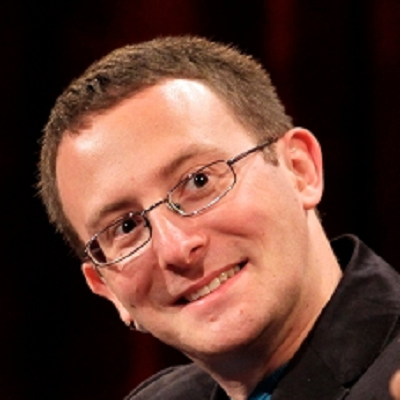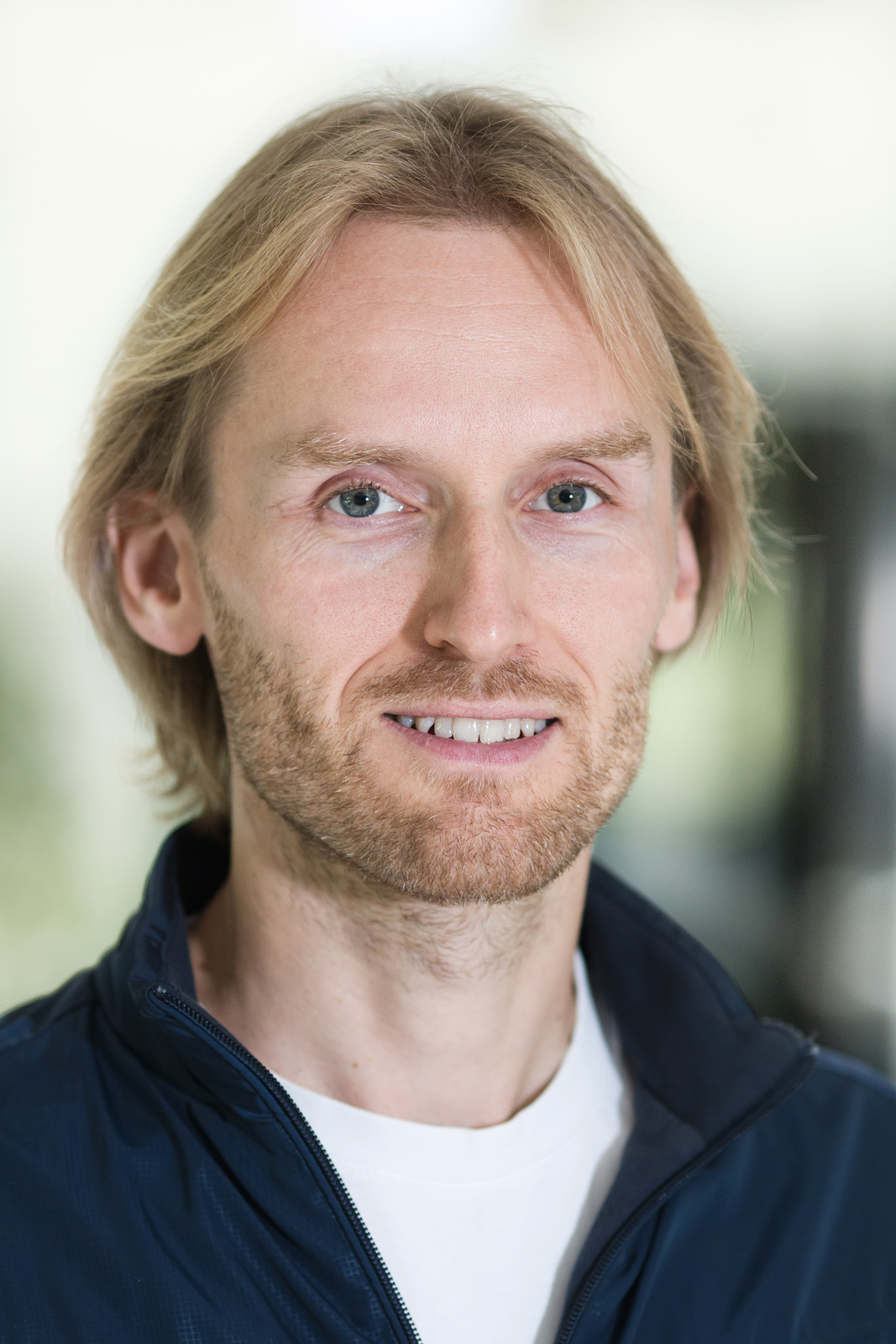
Optimizing Cryptanalysis for Fun (and Resource Fit)
Cryptanalysis aims to break cryptosystems while reducing time, data, and memory complexities. In some cases, these complexities can be exchanged to offer a time-memory-data tradeoff. In this talk we will address different methods to reduce the complexity of cryptanalytic attacks. We will discuss the major prohibitive factors in actually implementing cryptanalytic attacks. Finally, we will pose some open problems in optimizing cryptanalytic attacks on symmetric-key primitives.
Orr Dunkelman is an Associate Professor in the Computer Science Dept. at the University of Haifa. After graduation from the Technion in 2006, he held post-doctoral positions in COSIC (KU Leuven, Belgium), ENS Paris (France), and Weizmann Institute (Israel). He is a co-developer of several cryptanalytic techniques such as the related-key boomerang attack and the dissection attack (whose paper won the best paper award of Crypto 2012). In addition to new cryptanalytic attacks, Orr worked on the analysis of many cryptosystems, such as the AES, A5/1, KASUMI, IDEA, KECCAK. Besides breaking stuff, he is a co-designer of the KATAN family of block ciphers, the HAIFA framework for hash functions, and the SHAvite-3 hash function. Orr is a co-founder of Privacy Israel and serves on its executive board.

New symmetric crypto for new applications
We review new use-cases for symmetric-key cryptography and cryptographic hashing in applications of homomorphic encryption, zero-knowledge proofs, and secure multiparty computation. Then we survey recently proposed designs aiming at these use-cases and their cryptanalysis while highlighting various open problems. To support further developments in use-case implementations, design, and cryptanalysis, we describe a recently open-sourced zoo of implementations.
Christian Rechberger is full professor at TU Graz, Austria since 2015. Before that, he held various positions at DTU, Denmark, ENS, France, MSR Redmond, USA, and KU Leuven, Belgium. He received his PhD at TU Graz in 2009.